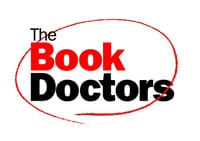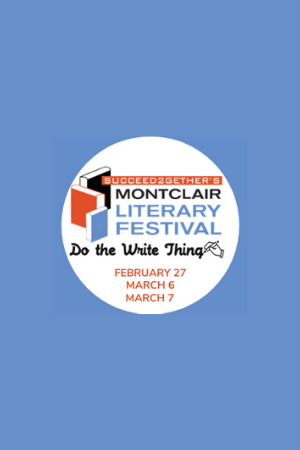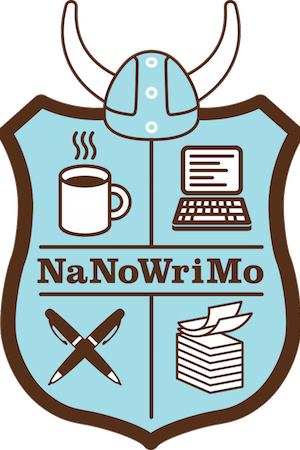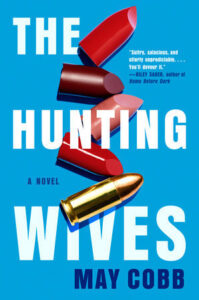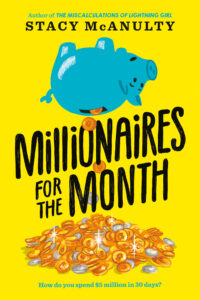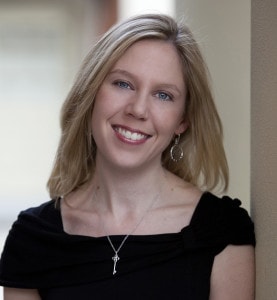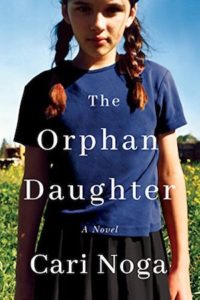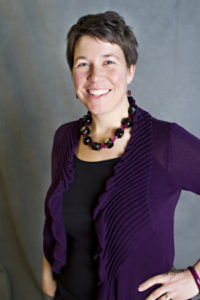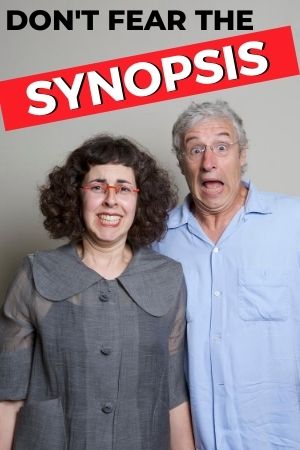Peggy Ballman
Patriot Girl of Mt. Rose by Peggy Ballman
Ten-year old Elizabeth Stout is a proud Patriot who lives in a village near Princeton, in the colony of New Jersey. While her father and brothers are fighting the British, Elizabeth gladly does her part to help manage their farm. As the Revolutionary War drags on, her one place to escape are the sprawling rose gardens behind their barn, and with her grandfather’s help, her gardening talents grow. In evenings when villagers gather to share news, Elizabeth feels their grief and worry and longs to do more for the Patriot cause. “Girls can’t help in war!” she’s teased, but Elizabeth wishes with all her heart it could be different.
Now the war is ending and Elizabeth’s family is reunited at home. When the Continental Congress moves to Princeton, her father receives a visit from his former commander, Colonel Alexander Hamilton. Elizabeth learns that while war may be over, the challenges are just beginning for an independent America. Soon she discovers there is still time to help the Patriot cause — and one of its greatest heroes – even when it happens in the most unexpected ways.
Patriot Girl of Mt. Rose is first in a series for middle graders based on the folklore of the Sourland Mountains of New Jersey. As the 250th anniversary of America approaches in 2026, Sourland Mountain stories offer engaging new tales of childhood life during the Revolution. Next in the series is Legend of the Unionville Schoolhouse.
Vote for your favorite pitch. The pitch that receives the most votes will be named Fan Favorite, and the author will receive a free one-hour consult with us (worth $250).
